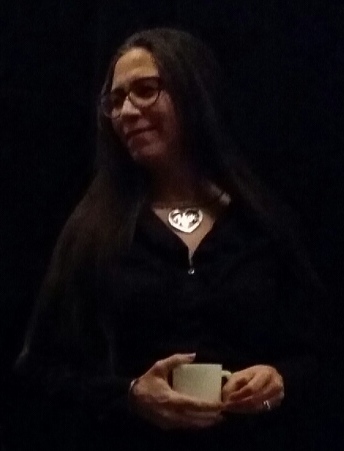When running my name through the Salt Profile Checker, there was a limited selection of results but the ones that did come up seemed good. The first three hits are my LinkedIn account, a convocation list from McMaster, and an Instagram post associated with my VP Internal position in the HGSS at McMaster. I think this is a good start to building my digital footprint in an academic/professional way. There actually isn’t more than one page of results that comes up though which I think mostly has to do with my limited online presence but also having a pretty uncommon name. This provides me with a unique opportunity where whatever I do that has my full name attached to it should come up quite easily in a simple Google search which means I can alter the results to my liking by increasing my online presence. However, this also means that I have to be really careful with what I attach my name to because it will likely be among the first things anyone sees when looking me up. I think a good first step to creating more hits will be updating my LinkedIn profile with academic/professional information. I would also like to aim to get some of my writing published in a graduate journal to get my name out there in a more academic manner. Hopefully over this term I will get more comfortable with engaging in the digital world. I think this will be beneficial to my career in academia as the digital humanities are on the rise and an online presence and skills in this area are worth a lot.
- Enhance my LinkedIn profile by making use of the different categories and highlighting my experience/awards in the academic and professional field (ex. I could add my HGSS position as VP Internal or my SSHRC CGS-M award to add to my background)
- Edit some existing papers and reach out to graduate journals for publishing opportunities.
- Develop skills in digital humanities realm, perhaps starting my own blog and gaining a familiarity with creating a website and blog posts. This would not only help me share my ideas and research interests with the academic and non-academic world but would also help me think through my plans.
“the business of citizenship is not just to go into the voting booth; it’s to have views and to express those views that are informed. If critical historical knowledge were disseminated and historical awareness raised, there would be far fewer unequivocal conclusions. Instead, we would debate more, and look at the same issue in different ways, int eh hope that we’ll reach the best possible insight, the best possible solution. I believe that history is not only indispensably, but irreplaceable.” (Donald A. Yerxa, “Why History Matters: An Interview with John Tosh,” Historically Speaking 10, no. 5 (2009): 27)

Skawennatti au Lumière, January 2019 (Source: Anonymous Photograph at Lumière Collective)
